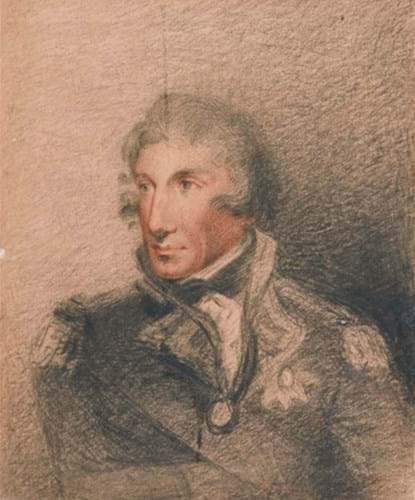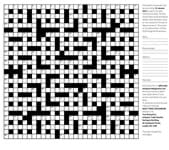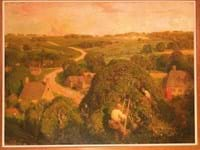
For example, I’ve been able to authenticate works of art in the past with the help of some very good people. But recently this willingness to help has started to change and with the well-publicised cutbacks to staff, is this something we have to get used to?
Earlier this year I bought a small watercolour over graphite portrait by the 18th/19th century painter Daniel Orme. It was catalogued as ‘head and shoulders of a man,’ though to me the figure in the portrait resembles Admiral Lord Nelson.
Orme was a close personal friend of Nelson and sketched and painted him and his wife Emma on several occasions. There are similarities to the figure in my portrait to Orme’s other sketches of Nelson. The nose and forehead, for example.
By late summer I had researched the drawing as far as I could, so needing further help, I contacted two well-known public organisations which have portraits of Nelson in their collections and asked their thoughts on my picture.
In both cases, I was told neither gallery would be able to help my research because they now only assess works in their collection. I can’t remember a time when this has been the case.
I can understand curators not wanting to be constantly bombarded by dealers sending in work but it is extremely shortsighted – an important aspect to being a dealer is finding the past, after all.
Dealers often come across work which is uncatalogued or unknown and despite hours of research trying to find more about an item rely on the expertise of others, notably those who work for museums and galleries which house specific collections.
One gallery I emailed says their public task is to ‘care, preserve and add to works of art and documents’ in its collection and it might well continue to do this but with fewer staff and less available expertise, I wonder how effective this will be.
I think of the previously uncatalogued work both I and countless others have had authenticated by public institutions and how this has enriched our learning of a subject and added to national and regional collections.
This latest policy, if a policy it is, will rob us of so much learning. It might also mean uncatalogued works stay uncatalogued and undiscovered – what a tragic legacy that will be for future generations.
Richard Morris













